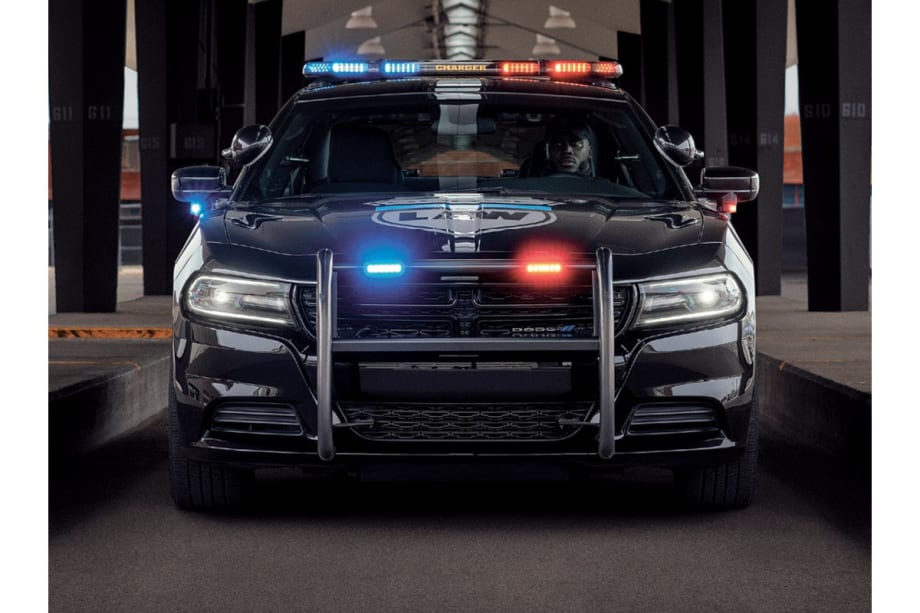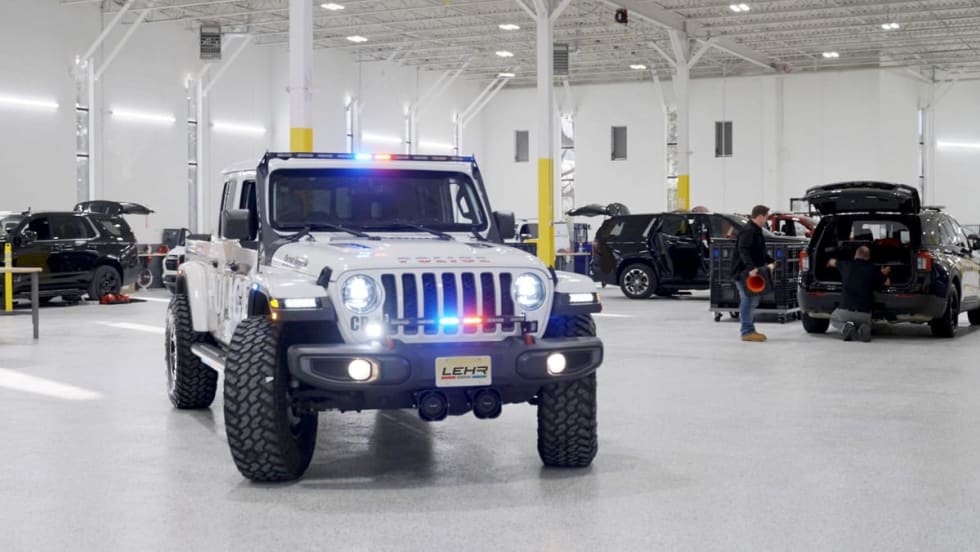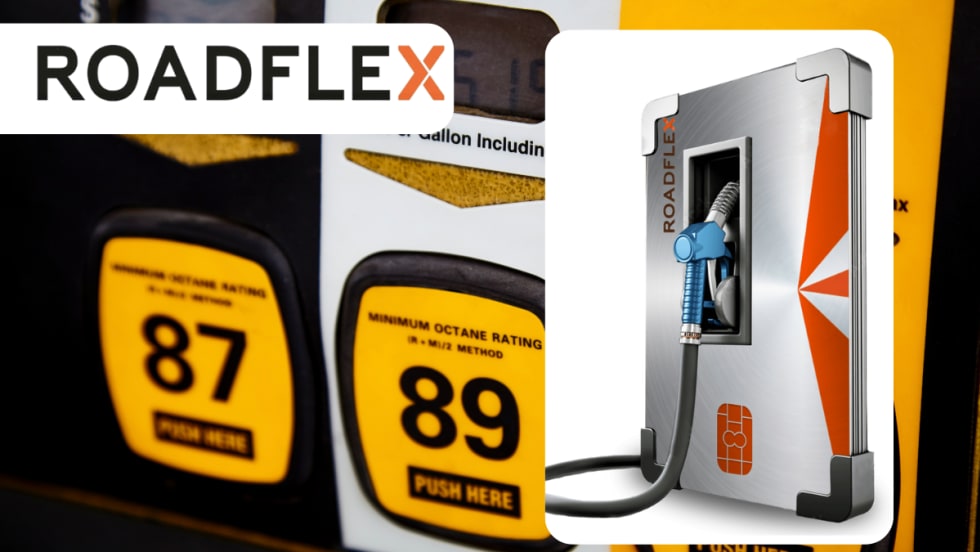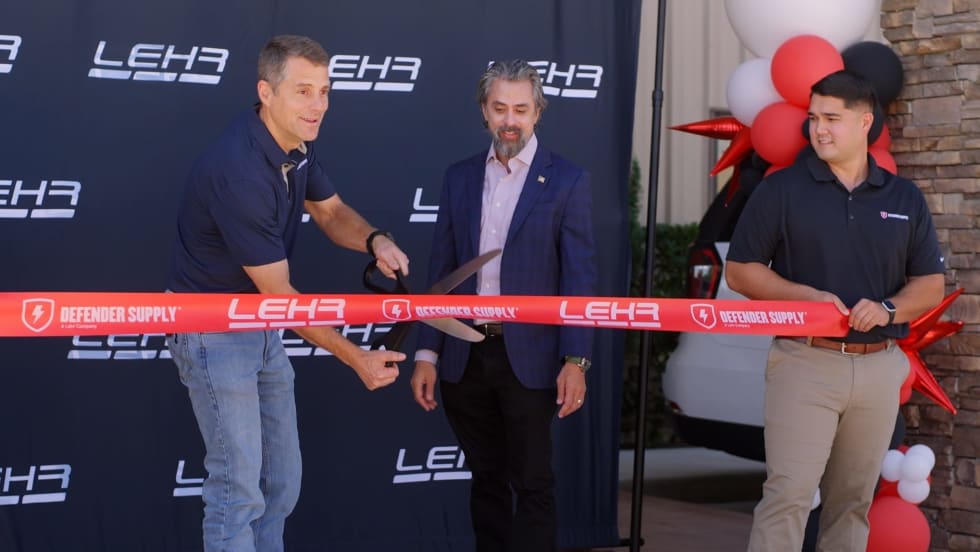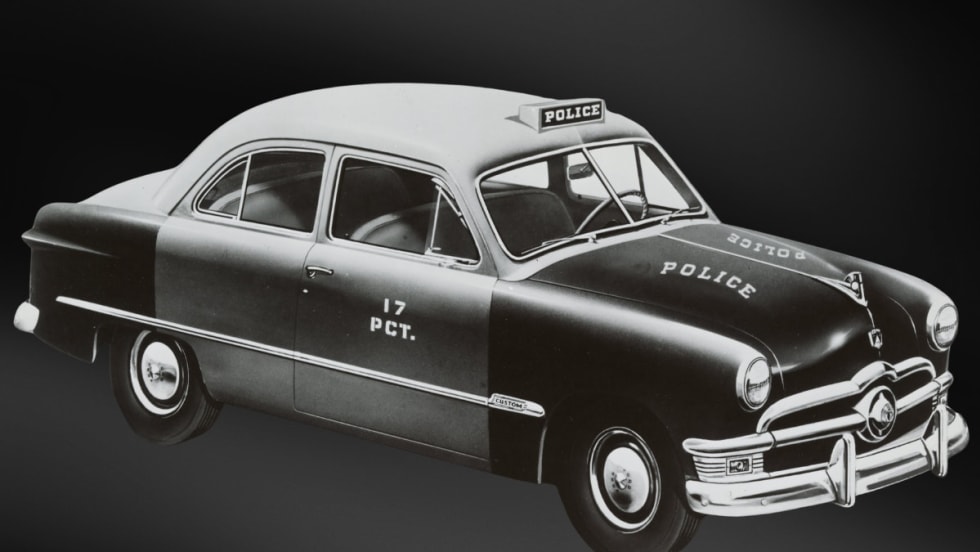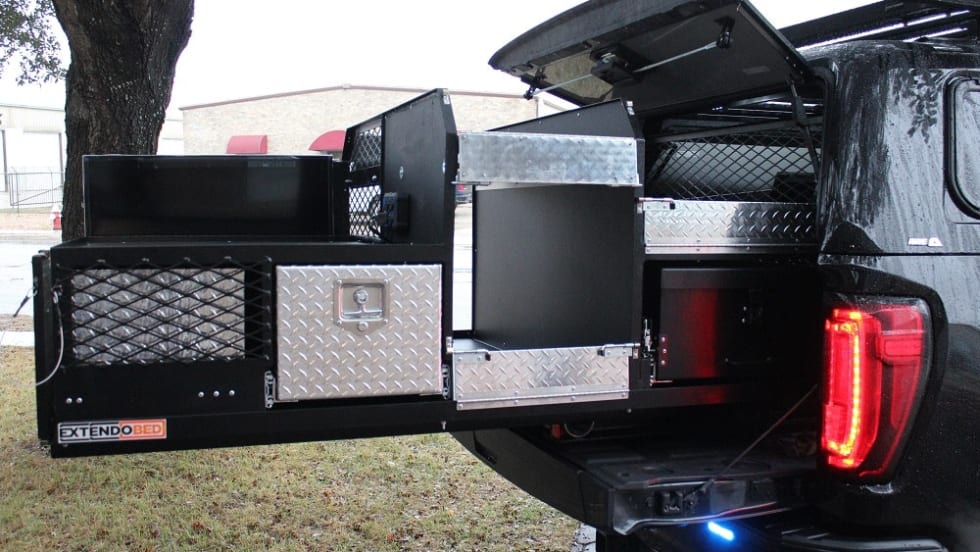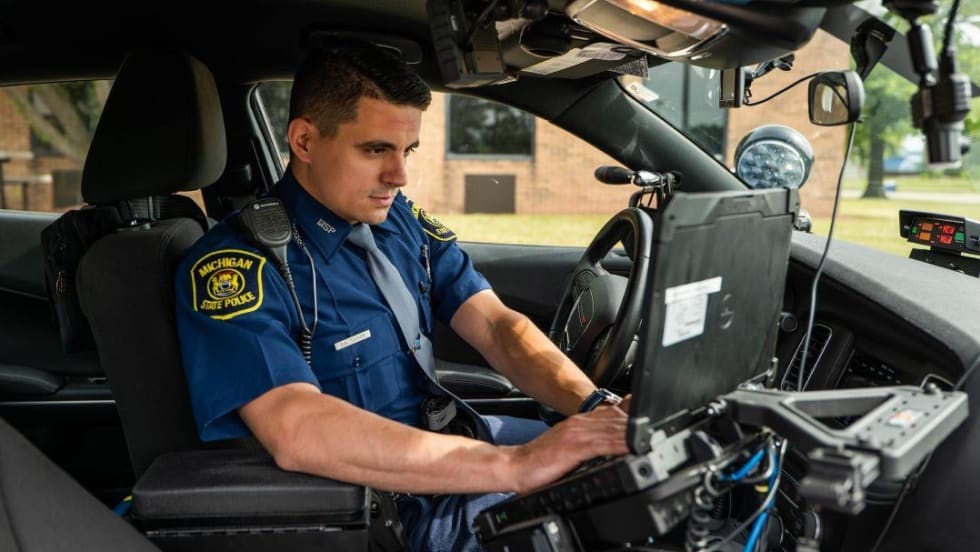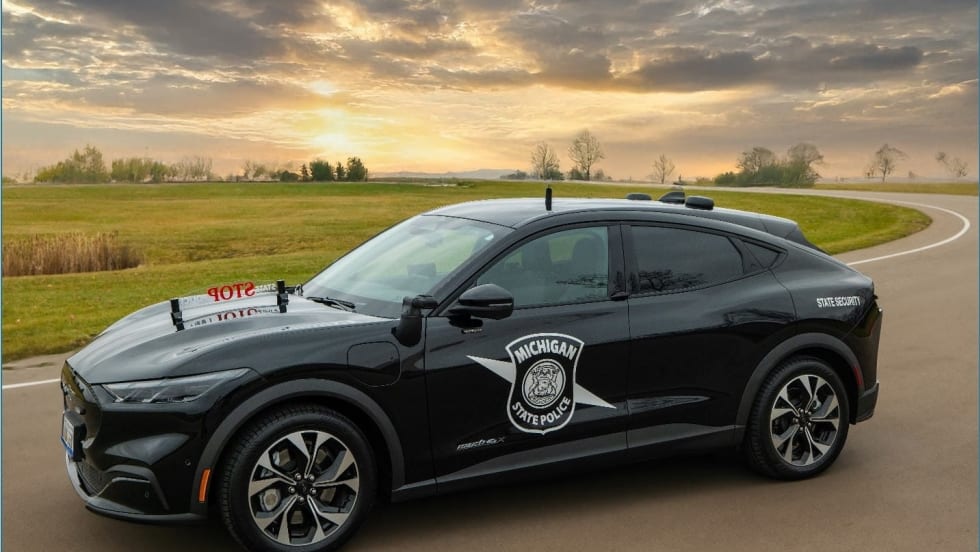Dodge’s muscle sedan is the last true pursuit-rated patrol “car” on the market.
The pursuit-rated car—the Caprice, the Crown Vic, the Fury—was once the ever-present symbol of American law enforcement. Now the patrol “car” is quickly becoming a thing of the past, as more often than not, agencies are fielding patrol SUVs built on light truck platforms.
Currently, there is only one pursuit-rated sedan still for sale to law enforcement agencies, the Dodge Charger. The Chrysler muscle sedan is actually one of the last four-door American cars still available to consumers, as well as police fleets and other fleet customers. More and more the Big 3 American car makers are dedicating their production facilities to turning out SUVs and light trucks and they have dropped their car lines or trimmed them down to a few specialty models.
But the Charger has survived the sedan purge and is still on duty with police nationwide. It’s been on duty with American police since 2006.
Evolving Platform
For baby boomer car enthusiasts the late 1960s and early 1970s Dodge Chargers are legendary machines, known for their cool styling and Mopar performance. The nostalgia for these cars is even more powerful with kids who watched the 1980’s TV show “Dukes of Hazard,” which starred a 1969 Charger race car. So it’s little wonder that Dodge decided to resurrect the Charger brand during the early 2000s era of American muscle car rebirth that began with the retro styling of the 2004 Ford Mustang.
The 2006 Dodge Charger did not have the retro styling of the 2000s Mustangs and Camaros, Dodge saved that for the Challenger. But what that Charger did have was the four-door performance needed for a police vehicle.
The Charger police pursuit vehicle debuted at the 2005 International Auto Show, and it was a hit with a wide variety of law enforcement agencies. Highway patrol agencies were particularly enamored of the Hemi V8 version of the Charger, which boasted a top speed of 152 mph at the Michigan State Police evaluations and just as importantly offered heavy-duty brakes.
Since its debut, the Charger patrol vehicle has gone through several iterations. The 2011 version was officially named the Dodge Charger Pursuit. There have also been a number of updates to the body styling and the features and options.
The Charger Pursuit has evolved with the consumer version. It’s also evolved with the needs of law enforcement agencies for different features and different technologies. “I think that one of the reasons the vehicle has been such a mainstay in law enforcement is that it is constantly being improved,” says David Callery, program manager for Dodge Law Enforcement. “The company is really supportive, and we have dedicated engineering support for the pursuit
program.”
300 HP AWD
For the 2021 model year, the Dodge Charger Pursuit comes in two versions, the 3.6-liter V6 with all-wheel drive and the 5.7-liter V8 Hemi with rear-wheel drive.
The 2021 V6 Charger offers some serious performance. It’s powered by a Pentastar engine that produces 300 horsepower and 264 pound-feet of torque. That’s some serious get up and go for a non-turbo V6. It gets that punch from its dual overhead cam 24-valve engine
architecture.
At the 2020 Michigan State Police testing, the 2021 3.6L V6 AWD Charger hit a top speed of 140 mph in 2.31 miles. Its acceleration scores were 0 to 60 mph in 7.41 seconds, 0 to 80 mph in 11.81 second, and 0 to 100 mph in 17.97 seconds.
Of course there’s more to performance than power. Braking is equally important in emergency vehicle operations. The MSP tested the brakes of the V6 Charger and found it can go from 60 mph to dead stop in 127.2 feet. MSP evaluators recorded no severe fade to the brakes in their repeated trials, and they also recorded that the vehicle stopped in a straight line.
All-wheel drive is one of the big selling points of the 2021 V6 Charger. The system transitions from rear-wheel drive to AWD through an active transfer case and front-axle disconnect, and it adapts to environmental conditions.
The 2021 V6 Charger Pursuit with AWD is turning some heads among Charger customers. Catherine Brown, director of the Fleet and Facilities Division of the Missouri State Highway Patrol, says the agency’s 495 Chargers are all V8s but it is now buying the new V6. “We wanted to continue with the AWD feature, given our location in the Midwest and the varying weather conditions we experience,” she explains.
Still Gotta Hemi
There are few stock sedans in the world that can match the power and performance of the Dodge Charger 5.7L. Its still “gotta Hemi,” as the old TV ad touted, and that Hemi V8 produces 370 hp and 395 foot-pounds of torque.
That power pushes the 4,356-pound Charger 5.7L to a top speed of 140 mph in 1.01 miles, according to the MSP testing. At the same MSP testing the Charger 5.7L accelerated from 0 to 60 mph in 5.91 seconds, from 0 to 80 mpg in 9.36 seconds, and from 0 to 100 mph in 14.14 seconds.
Even with its powerful performance, the Charger 5.7 boasts excellent mileage thanks to fuel saver technology that turns off four cylinders of the eight when they are not needed. The EPA estimated mileage is 16 mpg in the city and 25 mpg on the highway. Under law enforcement conditions with long idle times at scenes, mileage is likely to vary.
The Charger 5.7L also decelerates quickly. The MSP measured its 60 mph to stop distance at 128.8 feet. Testers said the brakes did not experience any severe fading and the car stopped straight.
Features and Options
Dodge Chargers now feature the TorqueFlite automatic 8-speed overdrive transmission, which offers better performance than Dodge’s previous five-speed auto transmission.
The gross vehicle weight rating or GVWR of both models of the Charger Pursuit was recently increased to 5,500 pounds. “The increased GVWR means that much more payload for agencies that need it,” says Callery.
Charger Pursuit models are also available with a number of officer safety features and options. It comes standard with multiple front and side and curtain air bags.
Ballistic door protection for the driver and passenger is also available. “We offer NIJ Level III+ ballistic door protection,” Callery says. “The ballistic material is ballistic steel because it’s thinner than other options. If you think of the design of the Charger, with the scalloped doors, there’s not a lot of room in the doors to add armor, so we needed a thin option.” The armor adds about 38 pounds to each door, which is not enough extra weight to affect performance, according to Callery.
On the Road
Chargers are particularly well-suited to highway enforcement duty. The handling and a particular aspect of the performance make the Charger a favorite with troopers. “It’s not the top speed, it’s the closing speed,” Callery says. “The biggest concern for highway patrols is how quickly they turn on speeders and get up to them so that the troopers don’t get into a chase. No one wants to get into a chase.”
Callery says highway patrols want the closing speeds, but they are less likely to want the muscle car top speeds of the Charger models. That’s why Dodge offers to control the top speed. It also offers Mopar service tools that can be used to lower the top speed even further. “Some police fleet managers say, ‘I like the acceleration and I like the closing speed, but I don’t need my folks going 130 mph.’ So we give them the option to dial it down.”
Speed is not the only reason the Charger is so popular with troopers. Missouri State Highway Patrol’s Brown says MSHP officers also like another aspect of the rear-wheel-drive and all-wheel-drive sedans. “One of the things the troopers like is its handling capabilities in almost any condition.”
The Charger is also on duty in many cities, according to Callery. He says the V6 model is very popular with some urban agencies, and he expects the V6 AWD model will be a hit with city agencies, particularly those in harsh winter climates.
One reason so many cities are fielding Charger patrol sedans is economics. And with the defund the police movement and the strain on tax bases from COVID’s effects on businesses, Callery expects demand for sedans to be high. He estimates that sedans can save agencies from $3,000 to $4,000 per vehicle, depending on numerous variables.
When Dodge announced the 2018 Durango Pursuit—its first patrol SUV—there was speculation that it spelled the end of the Charger patrol car. Callery says Chrysler’s Police Advisory Board told the company not to “abandon the sedan market” and the company has no intention of doing so. He believes the Charger sedan and the Durango SUV pursuit vehicles complement each other.
“I think the Charger checks a lot of boxes for what many agencies need,” Callery says. “It’s durable, reliable, offers excellent performance and handling, and it’s a good value.”
www.fcausfleet.com/law-enforcement-vehicles.html



